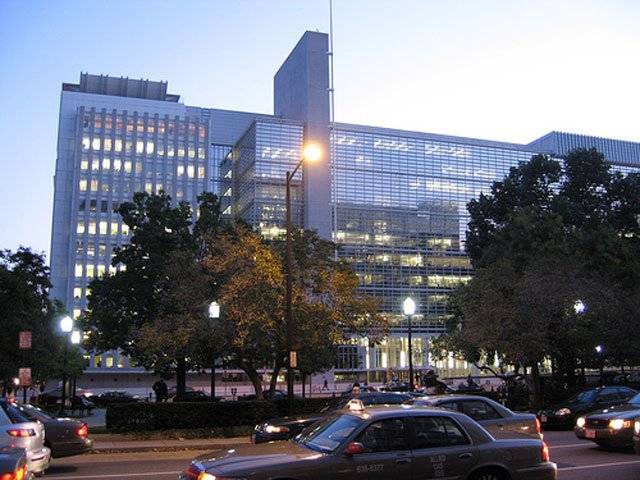About 1.5 billion people, more than a fifth of the worlds population, live in countries hit by repeated cycles of violence, pushing their poverty rates up by more than 20 percentage points compared with other nations, says a World Bank report released on Monday. Fixing the economic, political, and security problems that disrupt development and trap fragile states in cycles of violence requires strengthening national institutions and improving governance in ways that prioritise citizen security, justice, and jobs, says the 'World Development Report 2011: Conflict, Security and Development. The report examines how conflict and violence affect economic development and the lessons to be learned from countries successes and failures in overcoming those challenges. The World Bank has called for development organisations to place a new emphasis on improving police protection to halt the violence gripping dozens of poor nations. If we are to break the cycles of violence and lessen the stresses that drive them, countries must develop more legitimate, accountable and capable national institutions that provide for citizen security, justice and jobs, World Bank President Robert B. Zoellick said following the release of the report. Children living in fragile states are twice as likely to be undernourished and three times as likely to be out of school. And the effects of violence in one area can spread to neighbouring states and to other parts of the world, hurting development prospects of others and impeding economic prospects for entire regions, he said. In countries affected by repeated cycles of political and criminal violence, poverty rates are 20 percentage points higher than in other countries, the report said. Noting that military and development disciplines too often worked on separate paths, Mr. Zoellick called for bringing security and development together to break the cycles of fragility and violence affecting more than one billion people. The report shows how 21st century organised violence appears to be spurred by a range of domestic and international stresses, such as youth unemployment, income shocks, tensions among ethnic, religious or social groups, and trafficking networks. In citizen surveys done for the report, unemployment was overwhelmingly the most important factor cited for recruitment into gangs and rebel movements, the World Bank said in a statement. Risks of violence are greater when high stresses combine with weak capacity or lack of legitimacy in key national institutions, as shown by the recent turbulence in the Middle East and North Africa, it said. The report notes that capable, legitimate institutions are crucial because they are able to mediate the stresses that otherwise lead to repeated waves of violence and instability: more than 90 per cent of civil wars in the 2000s occurred in countries that already had a civil war in the previous 30 years. Elsewhere, gains made through peace processes are often undermined by high levels of organized crime. And countries where violence takes root fall far behind in development, with poverty rates more than 20 percentage points higher, on average, in countries where violence is protracted than in other countries, it said.
Thursday, April 18, 2024
1.5 billion people globally affected by violence: WB

Mehwish Hayat says she would like to work with Aamir Khan
9:59 PM | April 18, 2024
'That'll be awesome,' Rohit Sharma on idea of Pakistan vs India Test series
9:17 PM | April 18, 2024
Turkiye commends Pakistan's efforts in fostering regional peace
9:03 PM | April 18, 2024
CM Maryam's security squad hits biker to death in Narowal
9:02 PM | April 18, 2024
Hafiz Naeemur Rehman sworn in as new emir of Jamaat-e-Islami
8:54 PM | April 18, 2024
Hepatitis Challenge
April 18, 2024
IMF Predictions
April 18, 2024
Wheat War
April 18, 2024
Rail Revival
April 17, 2024
Addressing Climate Change
April 17, 2024
Justice denied
April 18, 2024
AI dilemmas unveiled
April 18, 2024
Tax tangle
April 18, 2024
Workforce inequality
April 17, 2024
New partnerships
April 17, 2024
ePaper - Nawaiwaqt
Advertisement
Nawaiwaqt Group | Copyright © 2024





